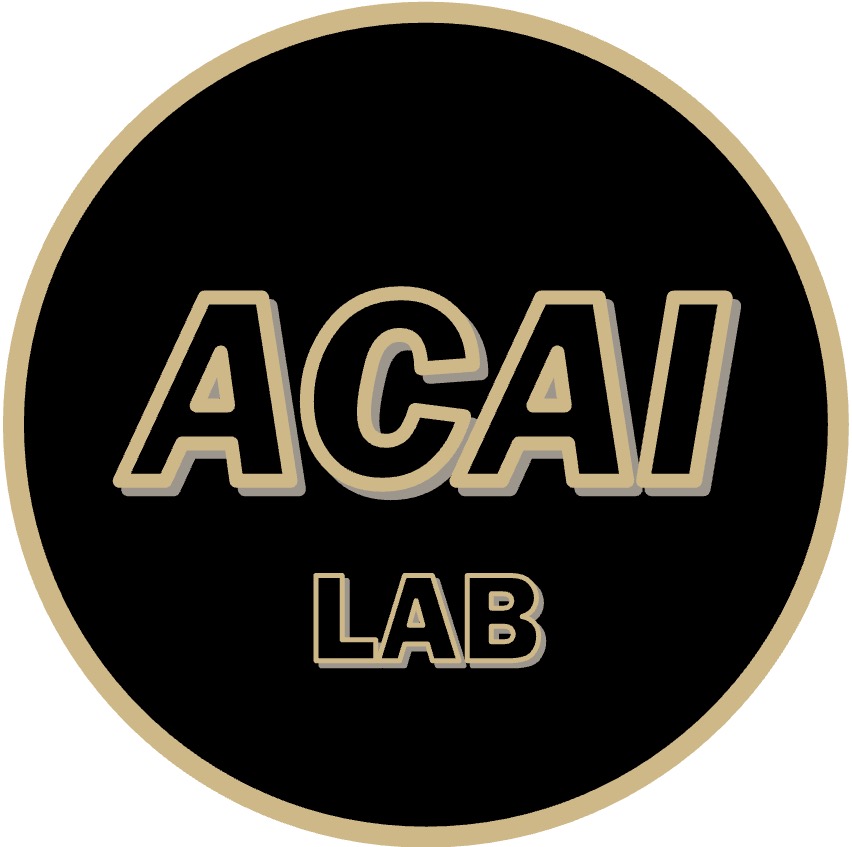Concurrent atomistic and continuum simulation of strontium titanate
Published in Acta Materialia, 2013
This paper presents a concurrent atomistic–continuum methodology (CAC) to simulate the dynamic processes of dislocation nucleation and migration as well as crack initiation and propagation in complex crystals. The accuracy and efficiency of the method is tested with respect to the molecular dynamics (MD) method through simulations of the dynamic fracture processes in strontium titanate under a combination of tension and shear loading and the dislocation behavior under nanoindentation. CAC simulation results demonstrated a smooth passage of cracks and dislocations through the atomistic–continuum interface without the need for additional constitutive rules or special numerical treatment. Although some accuracy is lost in CAC simulations as a consequence of a 98.4% reduction in the degrees of freedom, all the CAC results are qualitatively and quantitatively comparable with MD results. The stacking fault width and nanoindentation hardness measured in the CAC simulations agrees well with existing experimental data. Criteria for cleavage and slip in ionic materials are verified. The need to include the internal degrees of freedom of atoms in concurrent atomistic–continuum methods for polyatomic crystalline materials is confirmed.
Recommended citation: S. Yang, L. Xiong, Q. Deng, Y. Chen. "Concurrent atomistic and continuum simulation of strontium titanate. " Acta Materialia. 2013: 61(1), 89-102. https://doi.org/10.1016/j.actamat.2012.09.032
